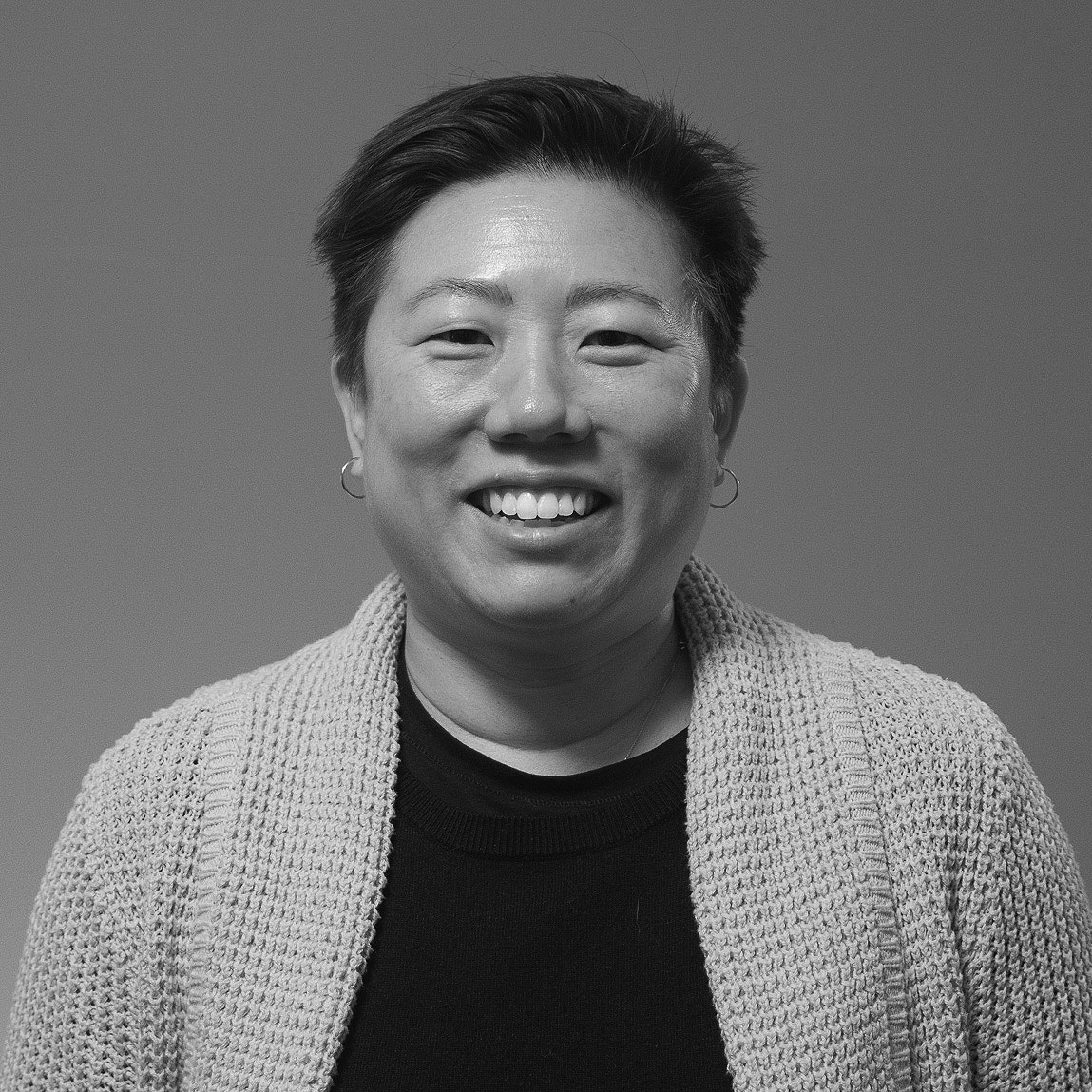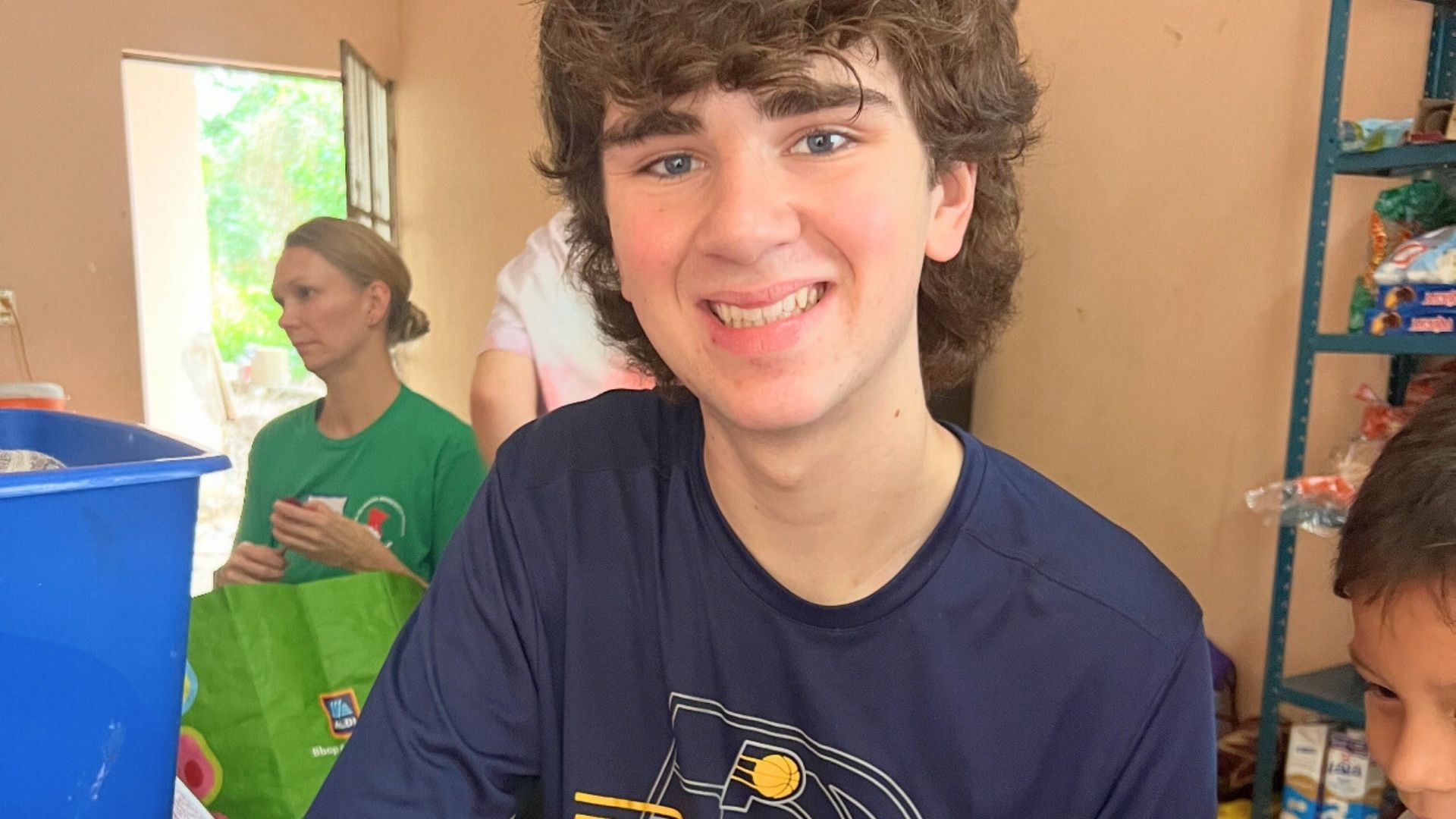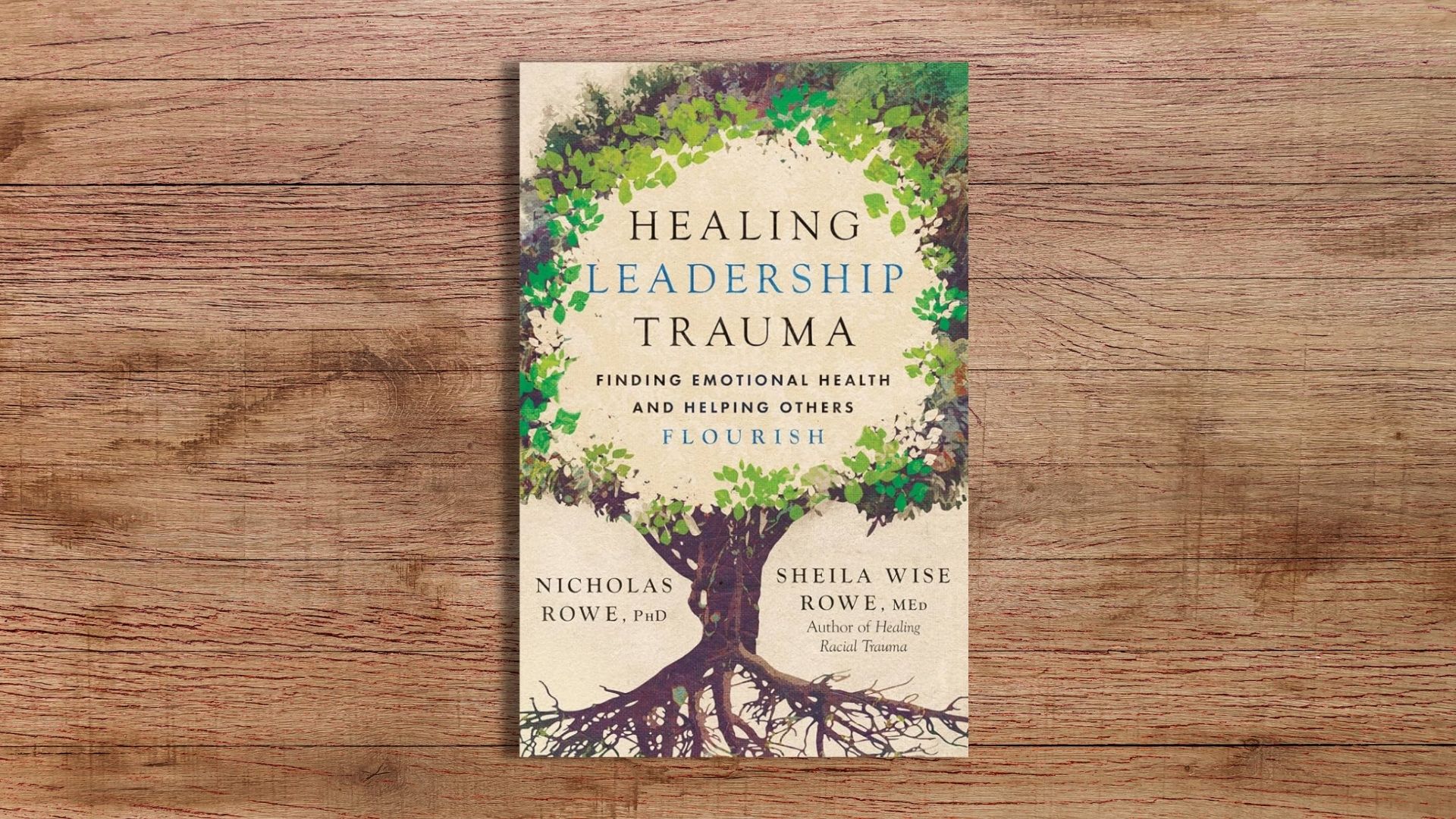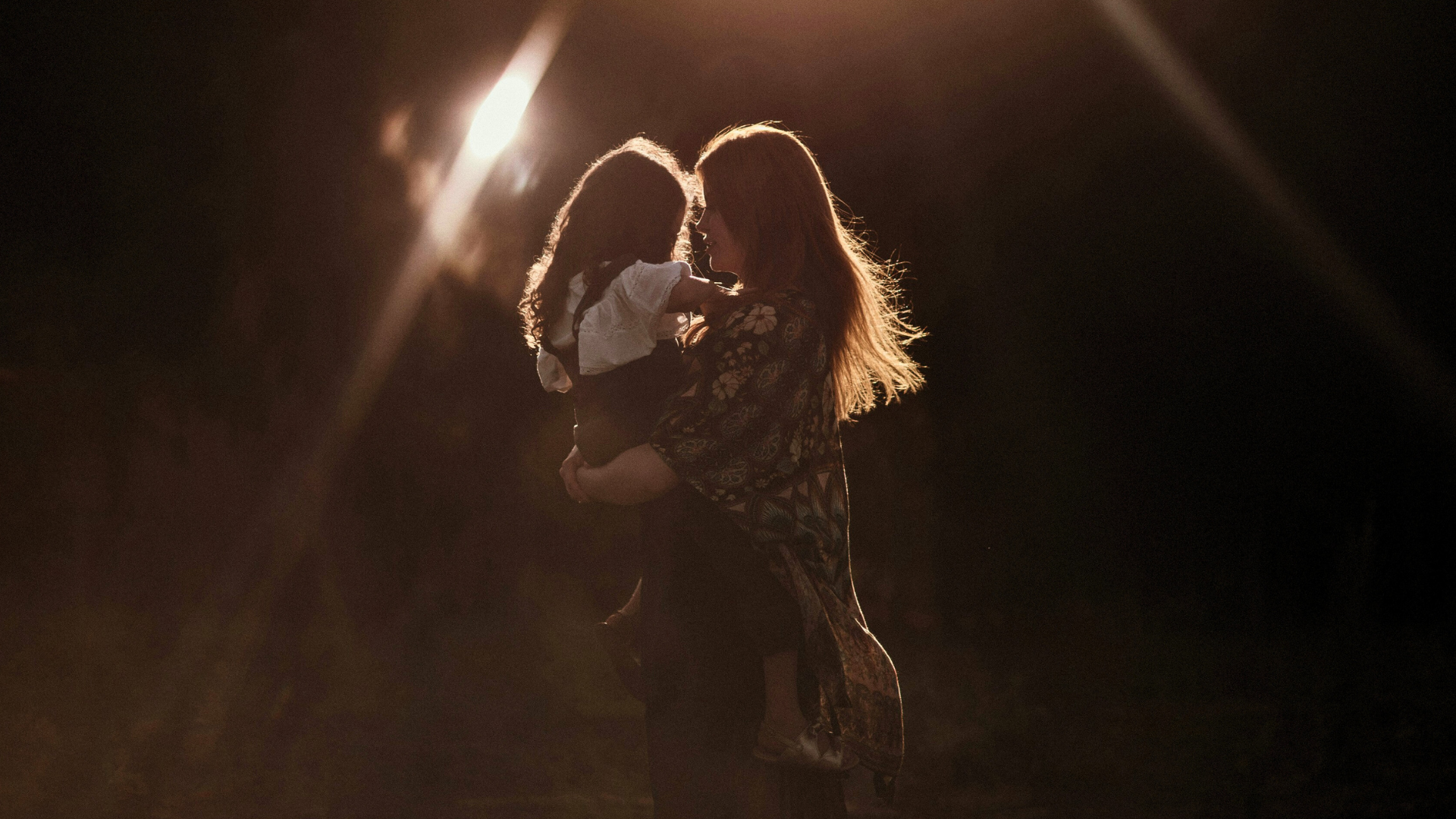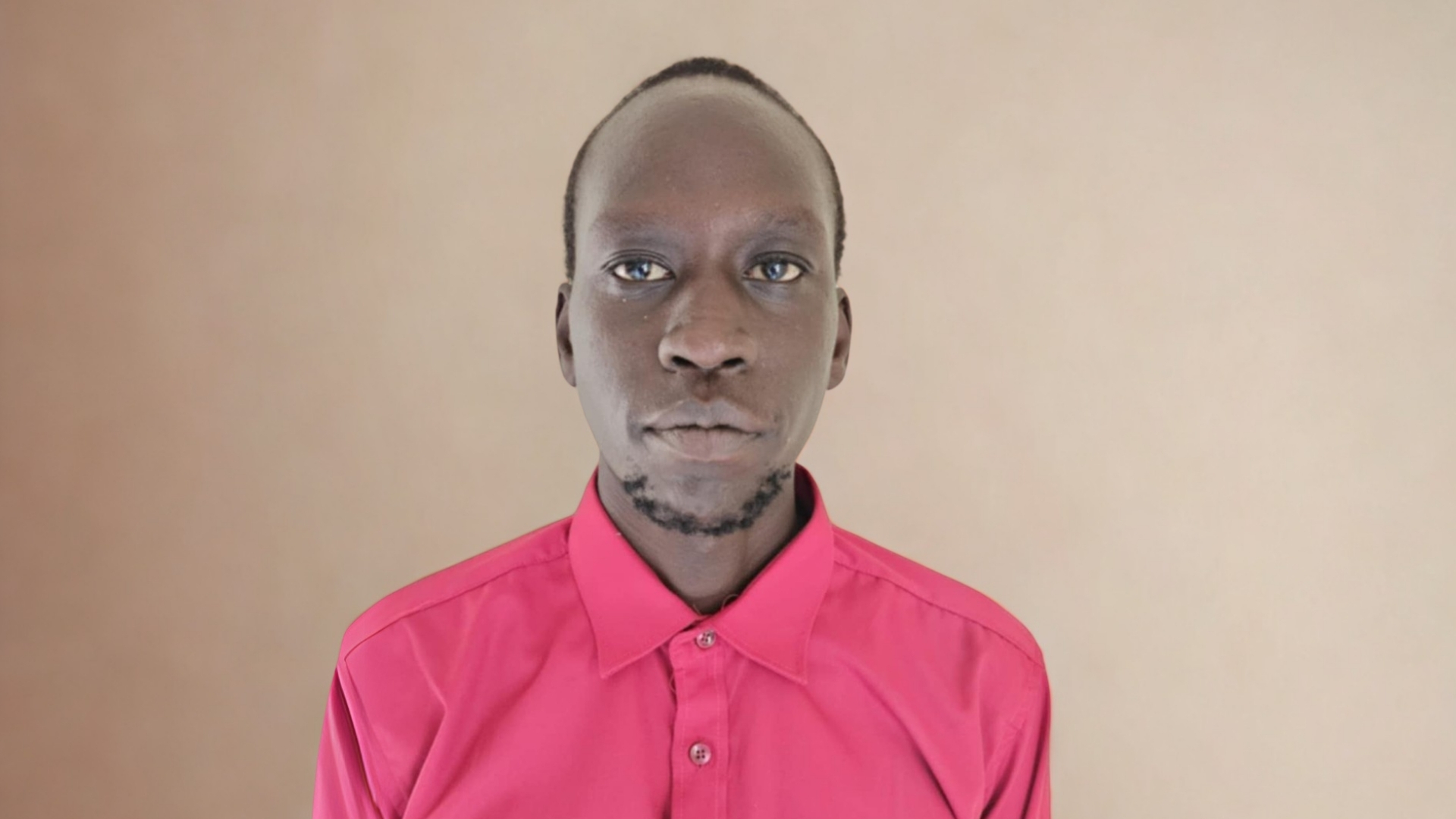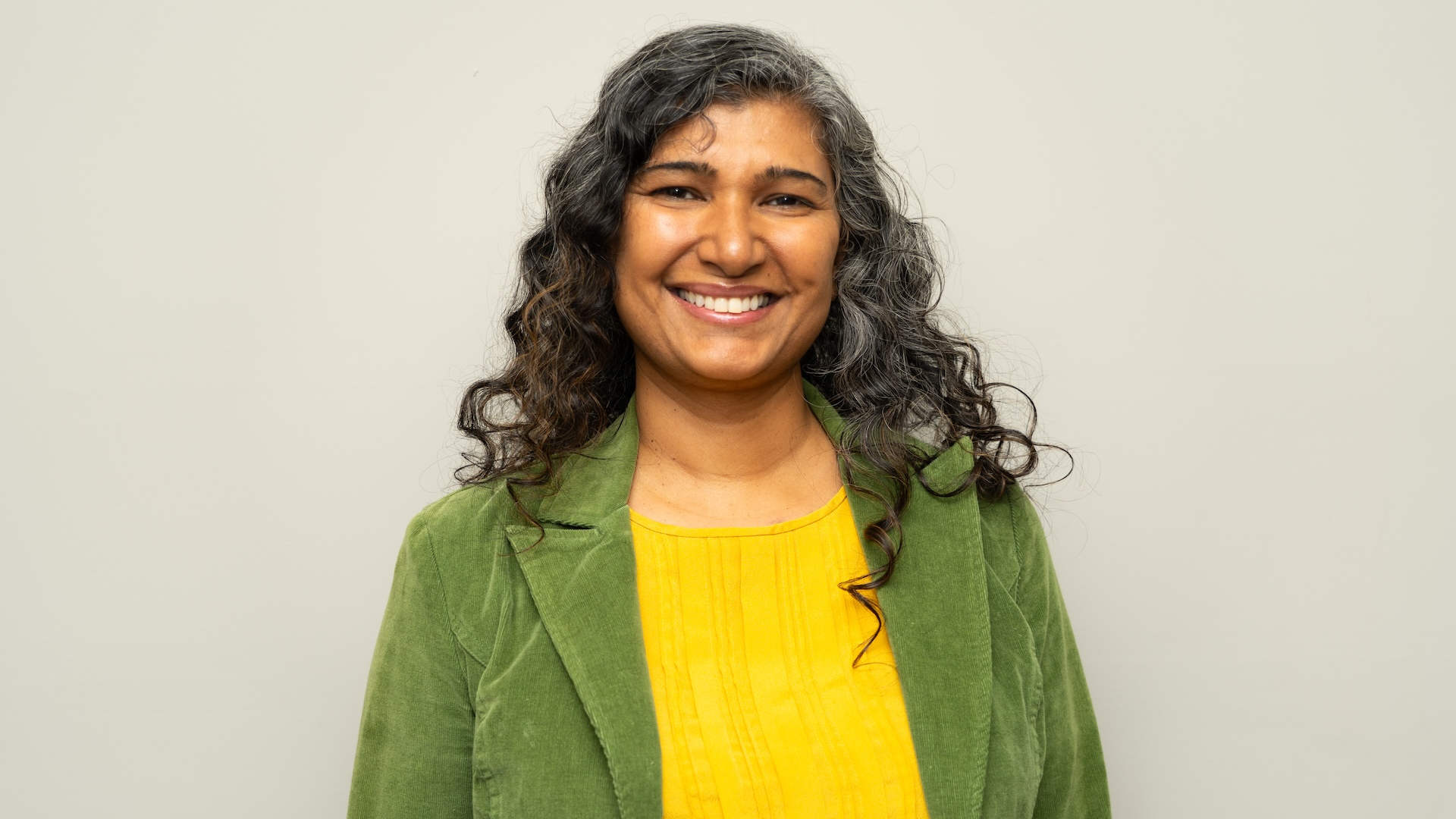The Call to Listen, Learn, and Lead with Youth
Trigger Warning: Suicidal Ideation
There was a moment in ninth grade when I felt like my world was crashing in on me. Before that moment, I had decided to follow Christ at a summer youth retreat. I had hoped that praying the prayer to let Jesus into my heart would save me from the depression I could not shake.
But as I sank further into depression, I was desperate for anything to get me out of the darkness. I could not understand why this all-powerful God could not rescue me. In a moment of hopelessness, I decided that it would be better to die than to live—that somehow death would be the solution to making everything better for those around me. Holding a razor blade in hand, I looked out my bedroom window and wept bitterly.
I don’t remember much else of that night, except that a bright shining light flowed in from that window all night as I cried out to God. When morning came, I was still alive.
A few months later, a youth group volunteer from church named Sydney asked me if I would like to meet with her every week to pray, talk, and read the Bible. I lived an hour away, but Sydney said she would drive to my house every Saturday. So each Saturday, until I graduated from high school, Sydney drove to my house, and we spent the afternoon praying, memorizing verses, reading the Bible, exploring my questions about God, and doing some cross-stitching! It made such a huge impact on me that someone from our immigrant church would make the effort to spend time with me, a mere high school student who lived an hour away.
Because of Sydney’s dedication, investment, and care to fight for me and my faith, I am where I am today. I have been inspired by her acts of service, and I love to do the same for the children and youth of any church I am a part of. Sydney’s impact wasn’t only on me; it was on my entire family, including my parents and brother. She became a part of our family and often stayed for dinner on Saturdays. Together with my parents, Sydney helped to impart the amazing truth of God to us and modeled a lived-out faith.
My call to ministry has always been to serve the next generation. Even at a young age, I was drawn to children and youth. In third grade, during an assembly, we sang Whitney Houston’s version of “The Greatest Love of All,” and I wholeheartedly embraced the lyrics: “I believe the children are our future. Teach them well and let them lead the way. Show them all the beauty they possess inside. Give them a sense of pride to make it easier. Let the children’s laughter remind us how we used to be.”
What is God already doing through the next generation? What issues do they care about? Have you considered asking why they care about those things?
The Bible speaks to this same truth. In Deuteronomy 6:5-9, we are called to teach God’s commandments to our children: “Love the Lord your God with all your heart and with all your soul and with all your strength. Impress them on your children. Talk about them when you sit at home and when you walk along the road” (Deuteronomy 6:5-9, NIV). Jesus also invites children to come to him: “Let the little children come to me… for the kingdom of heaven belongs to such as these” (Matthew 19:14, NIV). My favorite is Psalm 78:2-6, which urges us to pass on God’s praiseworthy deeds to future generations: “We will tell the next generation the praiseworthy deeds of the Lord…so the next generation would know them, even the children yet to be born” (Psalm 78:2-6, NIV).
When someone asks me what keeps me up at night, I often answer that it’s our next generation. I find myself wondering, “Will the Church be a place of belonging for them? When there is nowhere else to go, will they feel confident that they can always go to the Church or to those who are part of their faith communities? Will they tell the next generation of the praiseworthy deeds of the Lord?”
In my work with children and youth, I have noticed that our society, and our churches, too often tend to dismiss or minimize them. We don’t treat them as full human beings. At one church where I worked, one toddler used to take her Goldfish cracker, let it sit in her apple juice until it was mushy, and then drink the concoction. One kindergartener was obsessed with writing the word “poop” everywhere, and one Sunday I noticed that at the end of our memory verse in Philippians, he had written “poop” in large letters. Sometimes our kids do things that, as adults, we would not do! But then that translates to our discounting what they say or do. Yet some of my most profound theological and spiritual conversations are with kids and youth. To elevate children and youth in church, we can recognize them as valuable members of the community, not just those we minister to. We should create spaces where their perspectives are heard and respected, giving them opportunities to share what matters to them. By inviting them to worship alongside us, we affirm that they are not just the future of the church—they are a vital part of our present community.
When a church where I was serving began a discernment process on what it would mean to be inclusive, my child said to me, “I don’t know what the problem is—doesn’t Jesus tell us to love everyone?” They are so correct. Jesus does command us to love everyone. There are no qualifiers or conditions to that love. He calls us simply to love others as we love ourselves, and Jesus, embodying himself like us, lays down his life for us, for ALL OF US. No conditions had to be met by us for Jesus to die on that cross. “But God showed his great love for us by sending Christ to die for us while we were still sinners” (Romans 5:8). What a radical love! That is what my child stated—that Jesus calls us to radical love.
We fight for the next generation because they are the future of our church. The ministries you are hoping for, the ones that you miss or wish were happening, may already be happening through our children and youth!
What is God already doing through the next generation? What issues do they care about? Have you considered asking why they care about those things? What love and care—the embodiment of Christ—is God trying to reveal to us through our children and youth? It might be issues that we avoid or don’t want to talk about, yet our children and youth are living the reality of those very things.
James Cone writes that the gospel message of the cross “is not good news for the powerful, for those who are comfortable with the way things are, or for anyone whose understanding of religion is aligned with power.” Our children and youth are our guides here—they will tell us and show us how things can be better, how injustices can be undone, and how the oppressed can be liberated. They are the practitioners of the upside-down kingdom that we have ascribed to when we decided to follow Christ. We don’t have to go far into our history to find examples. During the Civil Rights Movement, young people played a key role in nonviolent protests and community-building efforts. One such example is the Children’s Crusade in Birmingham, Alabama, in 1963, where schoolchildren and teenagers marched to challenge segregation. This youth-led activism serves as a powerful reminder that children and youth inspire the Church to live out its calling to love, serve, and stand for righteousness.
I hope that we will allow our children and youth to challenge us to become more like Christ and live out our faith so we can be the witnesses God has called us to be. In tackling the very issues our children and youth are wrestling with, listening to their voices, and allowing them to be full participants in the life of the church, we will highlight the amazing transformative power of God that the Hebrew Scriptures and New Testament proclaim. It is the very stories and truth that we can teach the next generation so that the next generation—even the children yet to be born—would know God and trust in the upside-down, lavish love of Christ.
This article was first published in the Covenant Companion Winter 2025 issue, the official magazine of the Evangelical Covenant Church.



